New investors face a problem: asset classes that offer the most-compelling returns are populated almost exclusively by expensive stuff.
The median home costs north of $400,000. Most rental properties cost far more. And, if you’re into it, one solitary Bitcoin can run you upwards of *checks notes* $40,000.
If you’re an “accredited investor,” it’s a little bit easier to access these investment opportunities.
But, only 10.6% of American households meet those qualifications. If you’re a newer investor, you’re fairly likely to find yourself in the 89.4%, which raises the question: what should I do?
Real estate crowdfunding can offer investors access to high-quality real estate assets with lower start-up costs and higher liquidity.
How does it work?
The SEC rules that eligible companies can sell securities via crowdfunding, limited to $5 million in total funds raised per 12 month period.
The basic explanation of crowdfunding is simple: a group of investors all contribute a relatively small amount of money and collectively fund the purchasing of costly, high-quality assets. Crowdfunding is especially useful for an asset class like real estate, where investment properties are often far too expensive for individuals to reasonably purchase.
By making a contribution, investors earn an ownership stake in the venture. This entitles them to a portion of the proceeds, and they can sometimes sell their stake for a profit.
Advantages of Crowdfunding
Crowdfunding opens the door for everyday investors and makes it possible to purchase more-expensive assets. Crowdfunding helps investors diversify their portfolio to optimize returns, fight inflation, and manage risk.
Crowdfunding is a real estate investing strategy that gives investors access to higher-end asset classes that typically give superior returns. Crowdfunding ventures distribute returns the same way as private equity: contributing investors are entitled to a proportion of the returns based on how the asset performs. In the best-case scenario, crowdfunded investments offer similar returns to private equity funds.
Crowdfunded ventures can also be more selective when purchasing property. Investors who invest capital can make sure they purchase assets that fit investment objectives and financial goals.
Crowdfunding offers simplicity (like REITs!). Investors send checks to the deal manager, and let them handle the rest. Compared to direct investing, it’s pretty simple. However, keep in mind that not all crowdfunding opportunities are good investments. As with any investment opportunity, investors should do their due diligence.
Investing in real estate via crowdfunding tends to be less risky, and we all know real estate investment property will always be in high demand.
Disadvantages of Crowdfunding
To make informed decisions, investors should weigh the pros and cons of any investment opportunity or financial tool. To that end, let’s discuss some disadvantages of crowdfunding.
Crowdfunding contributions are locked in for a period of time. Investors who need liquidity would probably be better off with a REIT.
Also, someone has to make investment decisions for the group. Many crowdfunding schemes advertise the investment plan in advance, but there may still be hefty management fees (even if you never see them, because they aren’t included in net profit). On the plus side, if an experienced real estate investor sees a great deal and decides to raise funds via crowdfunding, you can benefit from their experience for a relatively small contribution. But, this is also why you should do your homework: it’s critical to know your sponsor’s record.
For some retail investors, a crowdfunding deal’s minimum contribution might equal the total proportion of their portfolio they’re willing to invest in real estate. If the deal pays off, that’s great. But, crowdfunding doesn’t offer the kind of diversification and downside protections compared to a REIT or private equity fund.
Finally, crowdfunding is still more complicated than REITs.
REITs are obligated by law to pay at least 90% of pre-tax income to investors in the form of distributions. But, the rules for crowdfunding are more like those of private equity: depending on the deal in question, investors might have to contend with a variety of fees and distribution schemes.
Concluding Thoughts
This stuff is complicated. We’re also real estate professionals, not attorneys or financial advisors, and you should consult both before you make investment decisions.
But, we think crowdfunding is an exciting emerging option that could open the doors to higher-quality assets for everyday investors. It may not be right for everyone, but we think that’s pretty cool.


.jpg)
